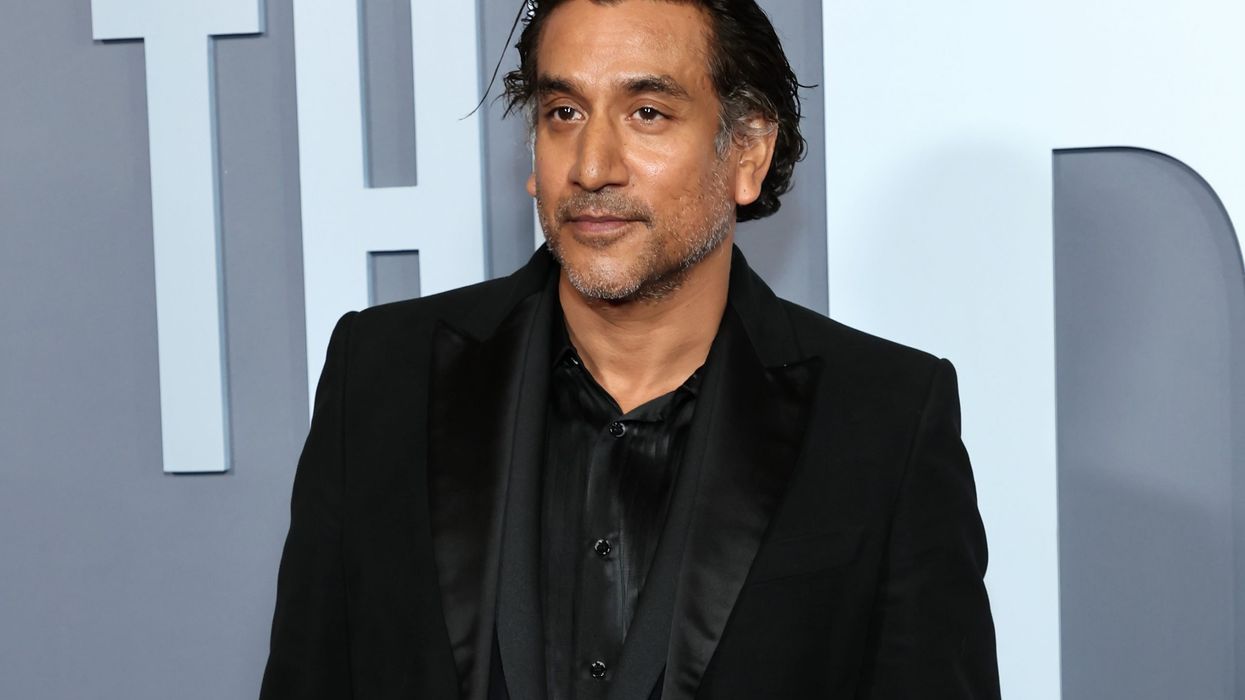By: Sophie Wallace
British Asian actor Naveen Andrews, who features in Hulu’s The Dropout – about fallen biotech star Elizabeth Holmes - talked to Variety about playing the role of Holmes’s boyfriend Sunny Balwani in the show.
Holmes (played by Amanda Seyfried) was a Stanford University dropout (hence the show’s title) and founder of Theranos, a company that claimed to have revolutionised blood testing methods by using tiny amounts of blood e.g. from a finger prick.
Holmes was found guilty in January of defrauding investors in her blood-testing start-up Theranos.
Andrews, 53, plays Balwani, Theranos’ chief operating officer (COO) and Holmes’ secret boyfriend.
In the interview, Andrews noted how the Theranos story had “Shakespearean dimensions” to him.
He said, “I mean, I thought of Macbeth, to be honest.”
Andrews described how he felt Balwani was the Lady Macbeth character in the saga and highlighted how Holmes and Balwani, “had started at the outset, it seemed, with good intentions. And how you can then move from those good intentions — because of acquiring great power, wealth — into uncharted territory.”
Andrews also said he found researching the role of Balwani interesting, in particular, his heritage from Sindh Province, formerly in India but now in Pakistan.
“I was interested in that sense of displacement, and questioning of identity and rootlessness, which I feel I have an empathy with,” the actor said.
He also discussed the nearly two-decade-long age gap between Holmes (38) and Balwani (56) and the impact of such age gaps.
“If there’s a fundamental imbalance in the relationship, it opens the door to all sorts of toxic behaviours from both parties that one can use to undermine the other,” Andrews said.
The Dropout has aired its first three series on streaming platform Hulu and has four episodes left in its run.
Keep visiting this space over and again for more updates and reveals from the world of entertainment.




